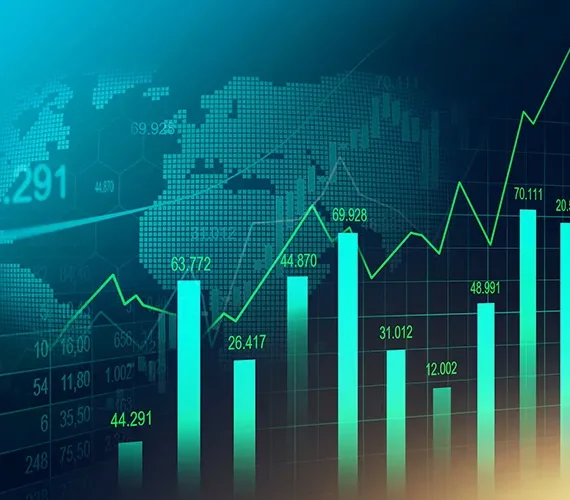
Talk to our Expert Counselors
Typically replies within a day

Talk to our Expert Counselors
Hi, there!
Start Chat
⚡ by wati.io



